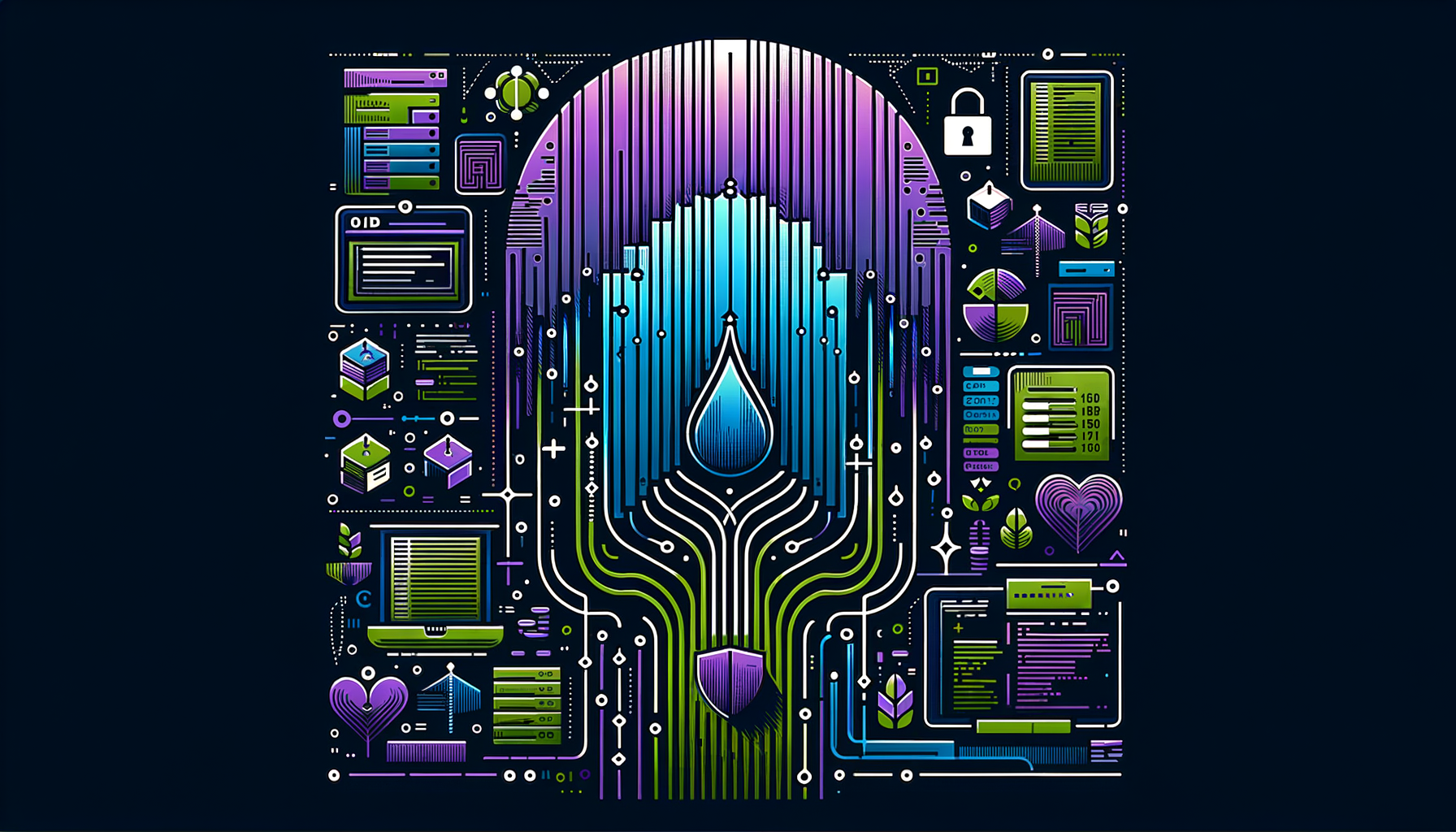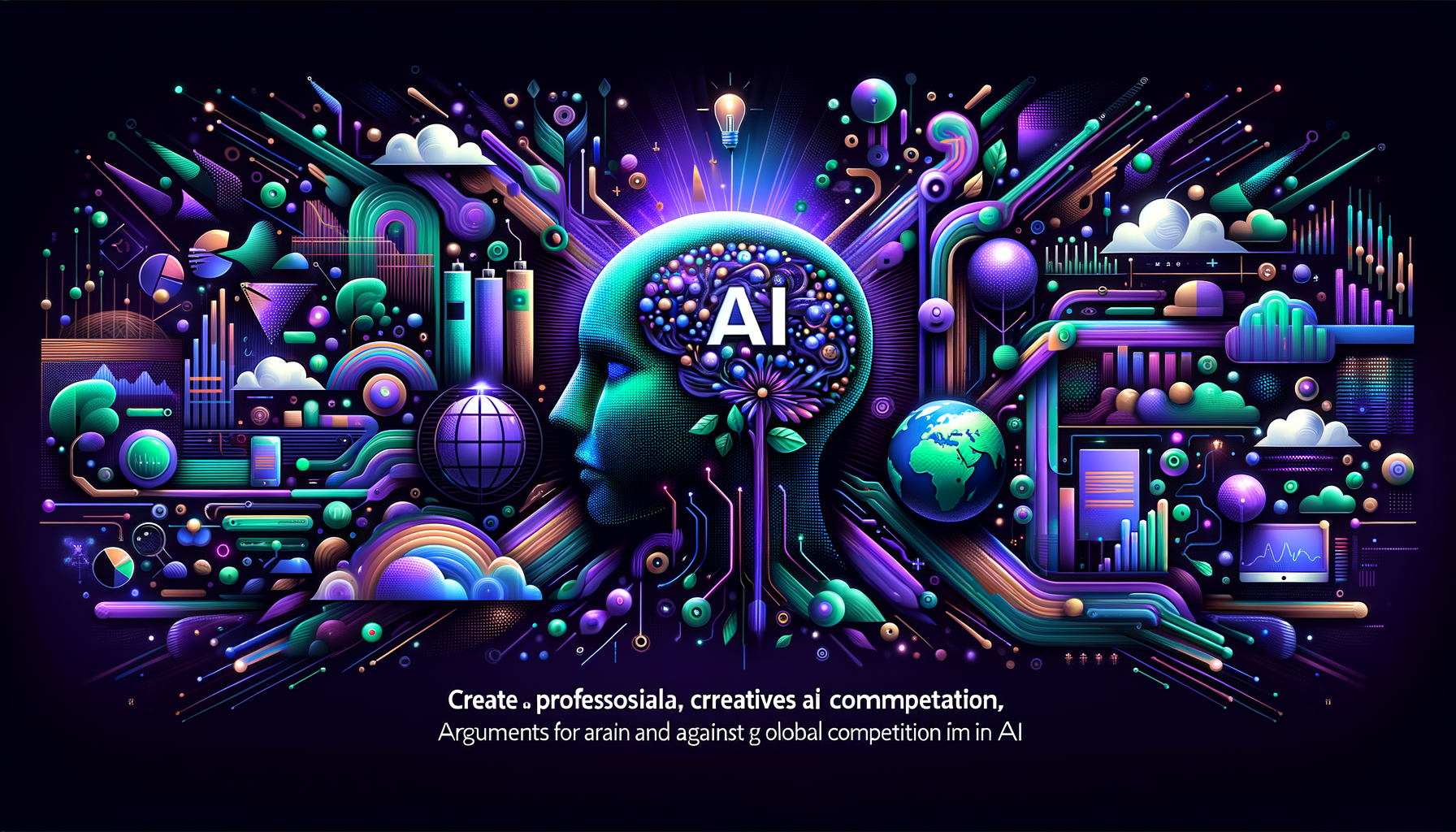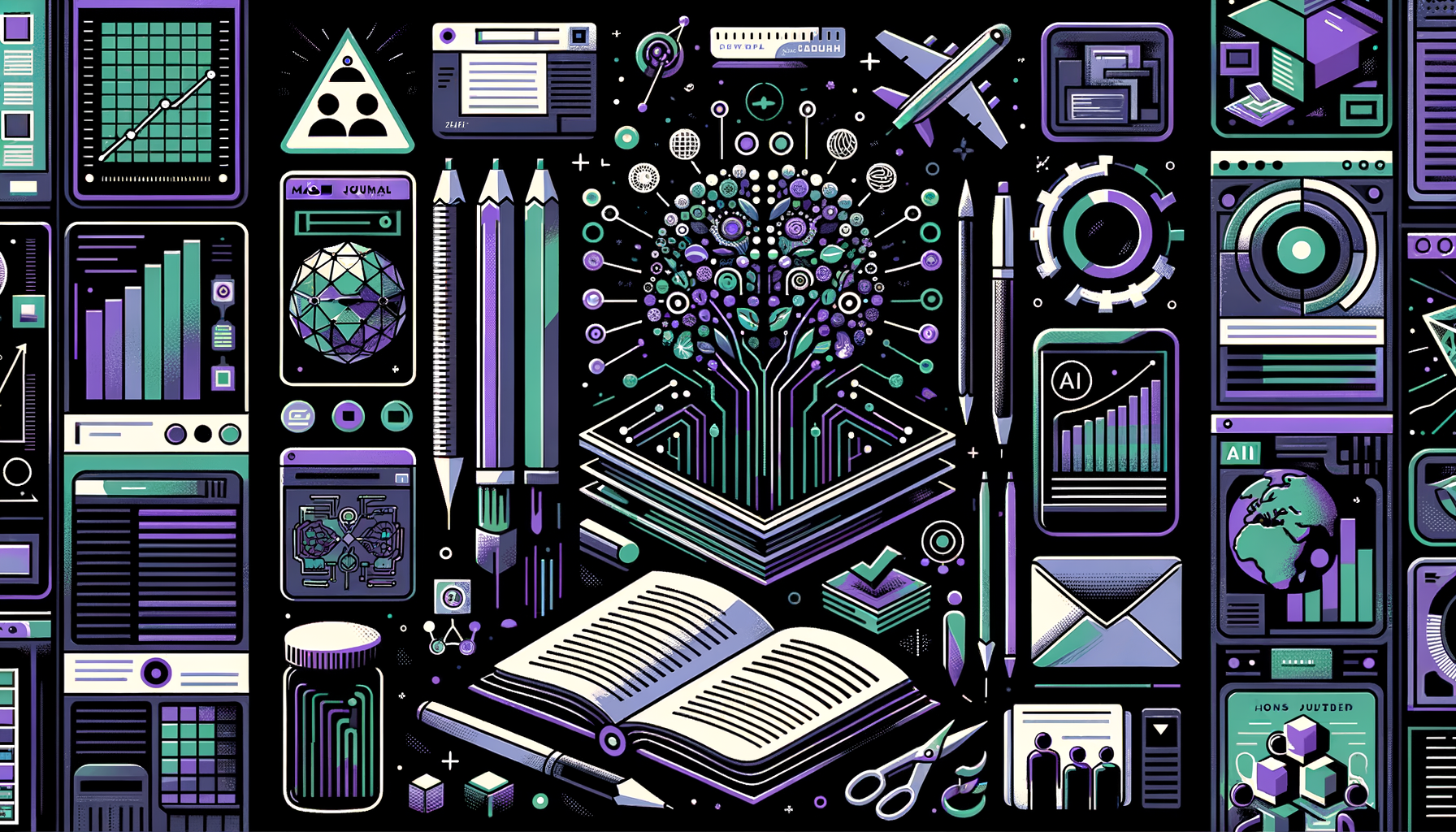Meta’s Open Source Llama 3: An Exciting Leap in AI Development
The world of technology is constantly evolving, bringing us advances that were almost unimaginable just a few years ago. One of these advancements is the development of artificial intelligence (AI), a field that is growing at a breathtaking pace. Among the companies leading these advancements is Meta (formerly Facebook), which has now brought us an exciting open-source AI project called Llama 3.
In this article, we explore the implications of Meta’s open-source Llama 3 approach, draw comparisons to similar strategies by other tech giants such as OpenAI, and discuss the impact such technologies could have on the cybersecurity landscape in Spain, the European Union, and the United States.
The Birth and Evolution of Llama 3
Llama 3 is Meta’s open-source AI language model and a direct competitor to OpenAI’s GPT-3. The goal of Llama 3 is to demonstrate how Meta’s advancements push the capabilities of AI language models. The underpinnings of Llama 3 are the PyTorch framework, a popular framework for developing AI models.
Hodeitek‘s AI specialists have lauded this move by Meta, asserting that open-source models bring a wealth of opportunities to developers globally, fostering collaboration and innovation.
The Ethical Implications of AI
As technologies like Llama 3 and GPT-3 improve, ethical considerations around their use become more important. This is particularly true in the realm of cybersecurity, where these technologies could be used for beneficial practices like threat detection or malicious activities like automated phishing scams.
It’s essential that this technology is used ethically and responsibly, and that safeguards are in place to prevent misuse. Hodeitek’s AI experts assert that educating users about the potential risks and solutions related to AI technology is an essential step towards ensuring ethical use.
Comparison between Meta’s Llama 3 and OpenAI’s GPT-3
While both Llama 3 and GPT-3 use machine learning to understand and generate human-like text, there are notable differences in their approach and availability.
OpenAI’s GPT-3, despite its impressive capabilities, has faced criticism for its exclusivity. It’s a proprietary technology, requiring a paid API to use. In contrast, Meta has made Llama 3 open-source, making it freely available to use and alter.
This level of accessibility not only allows teams to develop new applications faster and more effectively, but also promotes a more transparent and integrated development community.
The Impact on Cybersecurity
In cybersecurity, artificial intelligence has become an essential tool for detecting and preventing cyber threats. Hodeitek knows the importance of staying ahead of cyber threats and sees this open-source AI model as an opportunity to do exactly that.
With this technology, it will be easier to detect patterns of unusual behaviors, recognize phishing attacks, and respond to breaches more quickly and effectively. This fusion of AI with cybersecurity is a significant step forward in the fight against cybercrime.
Implications for the EU, Spain, and the US
The Llama 3 model will have significant implications for Spain, the EU, and the US. In these regions, the development of AI is an increasingly important aspect of both the economy and the technological landscape.
In Spain, for example, the government has recognized that the digital economy, driven by AI, is a key factor in the country’s economic growth. Similarly, both the EU and the US see the development of AI as an essential part of their technological futures.
Our Role in the Age of AI
In conclusion, Meta’s open-source Llama 3 is a significant development in the world of AI. It represents a shift towards democratization of AI technology, an aspect that’s close to our goals at Hodeitek.
We believe in the power of AI to transform the field of cybersecurity for the better, and we look forward to the exciting advancements that Llama 3 represents. We’re committed to staying at the forefront of emerging cybersecurity technologies, delivering value to our clients, and creating a safer digital world for everyone.






